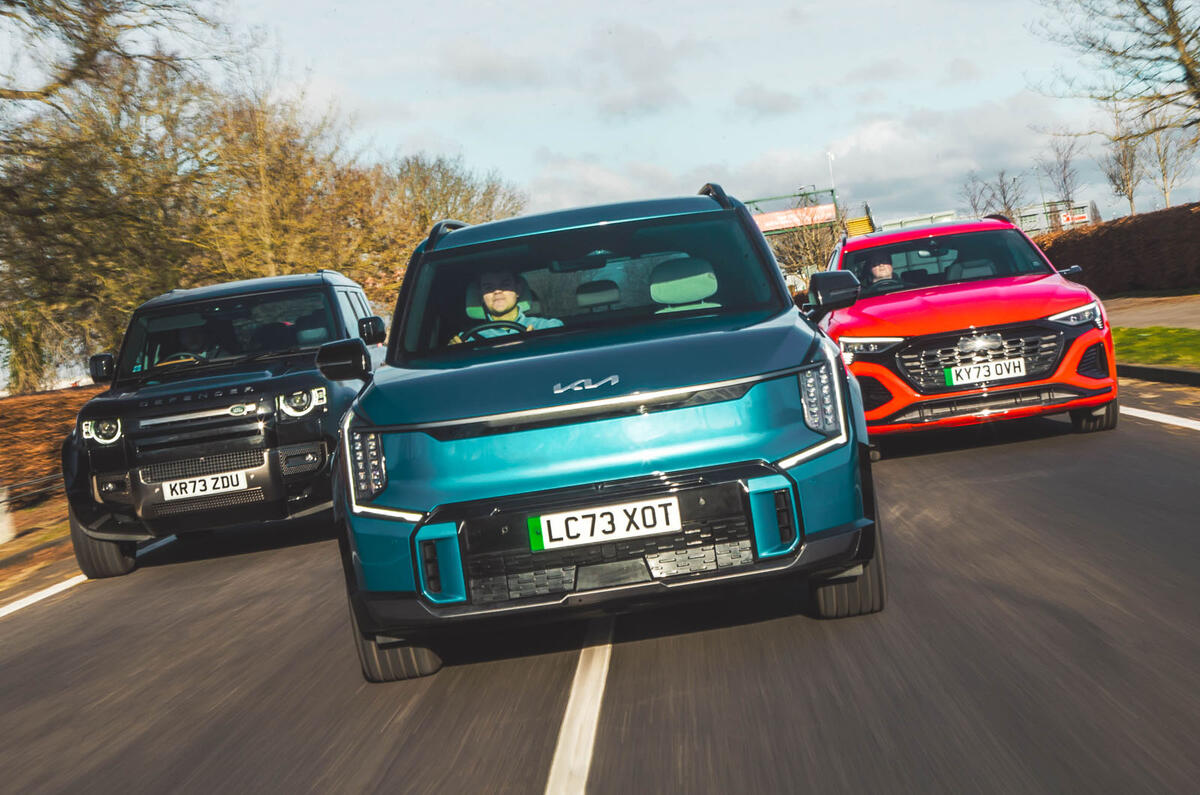SUVs accounted for almost half of all global car sales last year as hatchback, estate and saloon volumes dipped, new figures have today revealed.
SUVs have been growing in popularity over the last decade, with manufacturers expanding their line-ups to compete in what has become the industry’s most competitive segment.




Add your comment